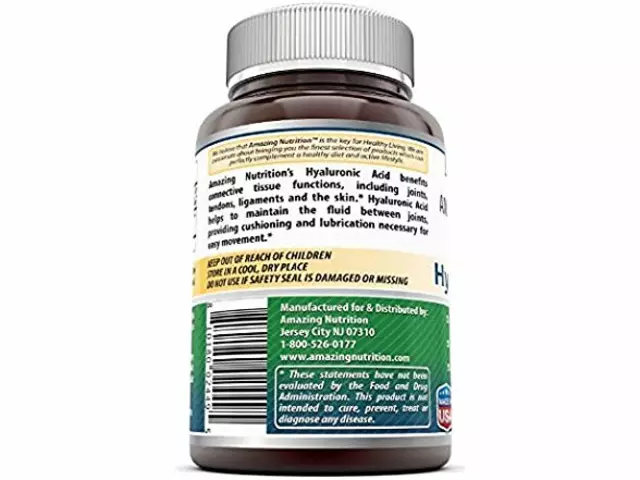Menopause – What Happens and How to Feel Better
Going through menopause can feel like a surprise party you didn’t plan for. One day you’re fine, the next you’re sweating, moody, and wondering why your sleep is gone. It’s all because your ovaries start making less estrogen and progesterone. That hormone drop triggers a bunch of changes, but the good news is most of them can be managed with a few simple steps.
Common Symptoms and What to Expect
Hot flashes are the headline act – a sudden wave of heat that can last seconds or minutes. Night sweats are the same thing that just decides to show up while you’re trying to sleep. Mood swings, irritability, and a bit of anxiety are also common; hormones love to play with brain chemistry.
Other signs include dry skin, thinning hair, and vaginal dryness. Your period may become irregular before it stops completely. Some women notice a slight gain in belly fat, while others feel their bone density slipping. All of these are normal, but they can be annoying.
Managing Menopause Naturally
First, look at your diet. Foods rich in calcium (milk, yogurt, leafy greens) help protect bones. Vitamin D from sunlight or supplements makes calcium work better. Whole grains, beans, and nuts keep blood sugar steady, which can reduce mood swings.
Stay active. A 30‑minute walk, a short bike ride, or a quick yoga session can lower the frequency of hot flashes. Exercise also boosts mood and keeps your weight in check.
If you’re looking for natural relief, try a daily dose of black cohosh, red clover, or soy isoflavones. Some women swear they help with night sweats, but the effect isn’t the same for everyone. Start with a low dose and see how you feel.
Mind‑body techniques work, too. Deep breathing, meditation, or even listening to calming music before bed can quiet the nervous system and improve sleep quality.
When symptoms are tough, hormone therapy (HT) is a solid option. Low‑dose estrogen, sometimes combined with progesterone, can calm hot flashes and protect bone health. Talk to your doctor about risks and benefits – HT isn’t right for everyone, but many find it life‑changing.
Non‑hormonal prescription meds like certain antidepressants also reduce hot flashes. If you’re not into pills, a cool bedroom, breathable fabrics, and a fan can make night sweats more bearable.
Don’t ignore mental health. Mood changes can feel overwhelming, but talking to a therapist or joining a menopause support group can give you tools to cope. Knowing you’re not alone makes a big difference.
Finally, schedule a check‑up. Your doctor can run a bone density test, review your heart health, and adjust any meds you’re on. Early detection of osteoporosis or heart issues means you can act before they become serious.
Menopause is a big life change, but it doesn’t have to be a nightmare. By eating right, moving daily, trying gentle supplements, and getting medical advice when needed, you can sail through this stage with confidence and comfort.

Menopause and Low Libido in Women: Causes, Hormones & Relief Options
Explore why menopause often triggers low libido, how hormone changes affect desire, and practical strategies-from HRT to lifestyle tweaks-to restore sexual wellness.
Categories
- Medications (69)
- Health and Medicine (60)
- Health and Wellness (36)
- Online Pharmacy Guides (16)
- Nutrition and Supplements (8)
- Parenting and Family (3)
- Environment and Conservation (2)
- healthcare (2)
- prescription savings (1)



